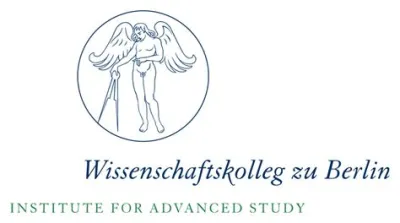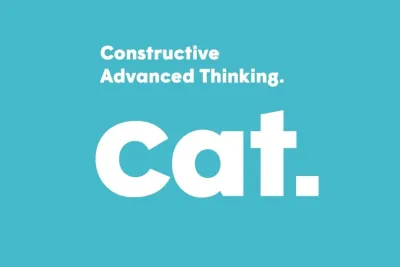The College for Life Sciences is a junior program of the Wiko. It offers excellent early career researchers in the life/natural sciences, medicine, and psychology an opportunity to take a break from the lab and clinic. Fellows will gain time to think and develop their own projects and immerse themselves in the intellectually and culturally diverse environment of the Wissenschaftskolleg. Each year the Wissenschaftskolleg welcomes around 40 internationally recognized senior as well as promising junior scholars from all fields of knowledge, including the humanities, the social sciences, and the arts.
Our goal is to promote a kind of science that transcends disciplinary boundaries and goes beyond established issues and approaches. As we do not provide lab space, it is not “just another fellowship”, but the opportunity to step back from your lab routines and reflect on your institutional and intellectual “settings”. Through the College for Life Sciences we promote scientists at the beginning of their career, i.e., postdocs, junior group leaders, lecturers, and assistant, associate, and junior professors.
The fellowships are intended for residencies of 3 to 5 months during the academic year 2026/27, from September 2026 to July 2027.
Starting in the academic year 2026/2027, the Wissenschaftskolleg zu Berlin (Berlin Institute for Advanced Study) will offer several 10-month fellowships for outstanding early career scholars in the humanities and social sciences. Successful applicants will become members of a lively intellectual community of approximately forty fellows from all over the world, representing disciplines in the sciences, humanities, and social sciences as well as the arts. The Institute offers excellent support for fellows’ research, as well as help to both fellows and their families in settling in to Berlin life. Further information about the Institute and its facilities may be found here.
APPLICATIONS AND REQUIREMENTS
Applicants should possess a doctorate granted no more than five years before the fellowship begins. Selection will be based on the applicant’s academic qualifications, including publications commensurate with the applicant’s discipline and career stage, and a research project that the applicant intends to pursue during the fellowship. Applications from early career scholars from all nations and all disciplines in the social sciences and humanities are welcome. Although scholarly communication at the Institute takes place in English and all fellows are expected to be able to discuss their own work and that of others in that language, applications may also be submitted in German and French. The deadline for applications for the 2026-7 academic year is 1 September 2025; applicants will be notified by 1 December 2025. Further information on the application procedure may be found here.

